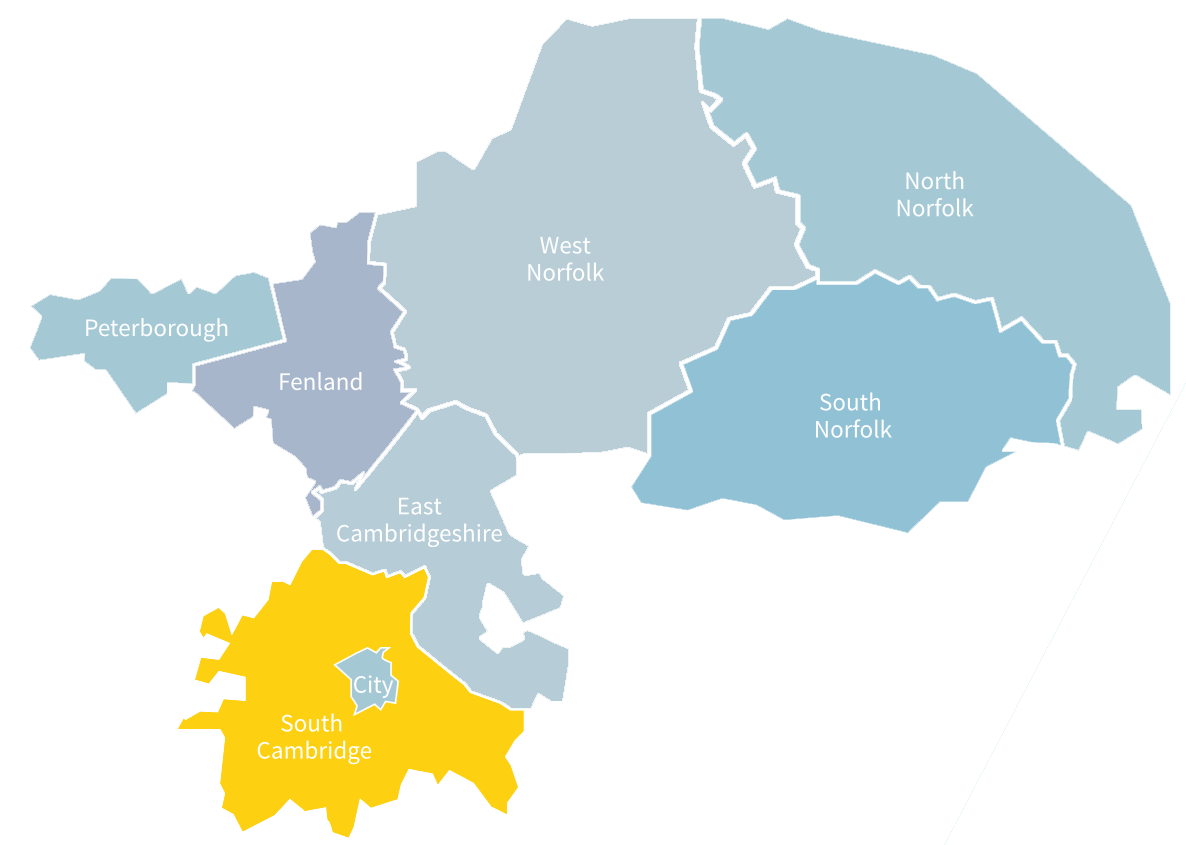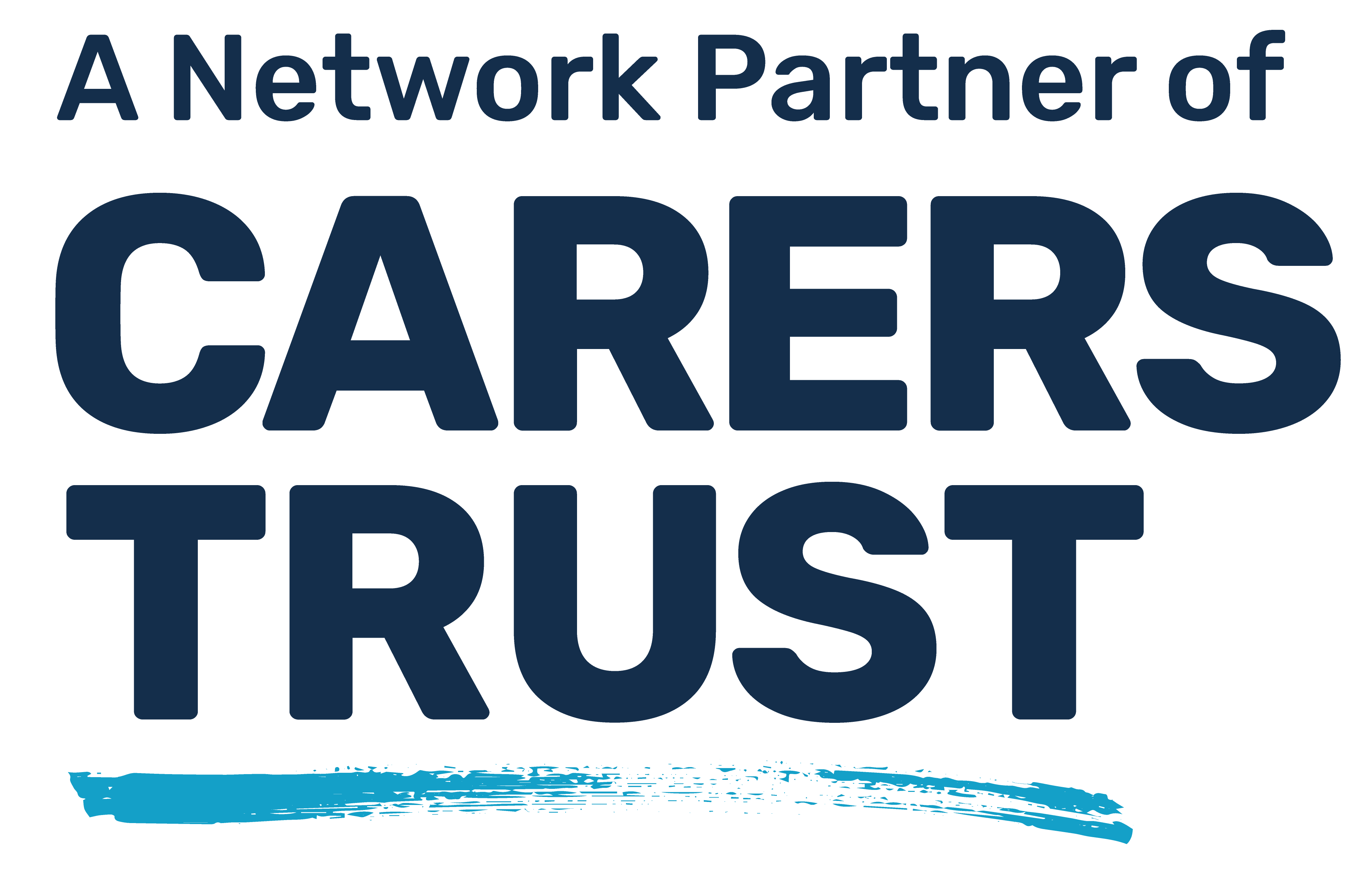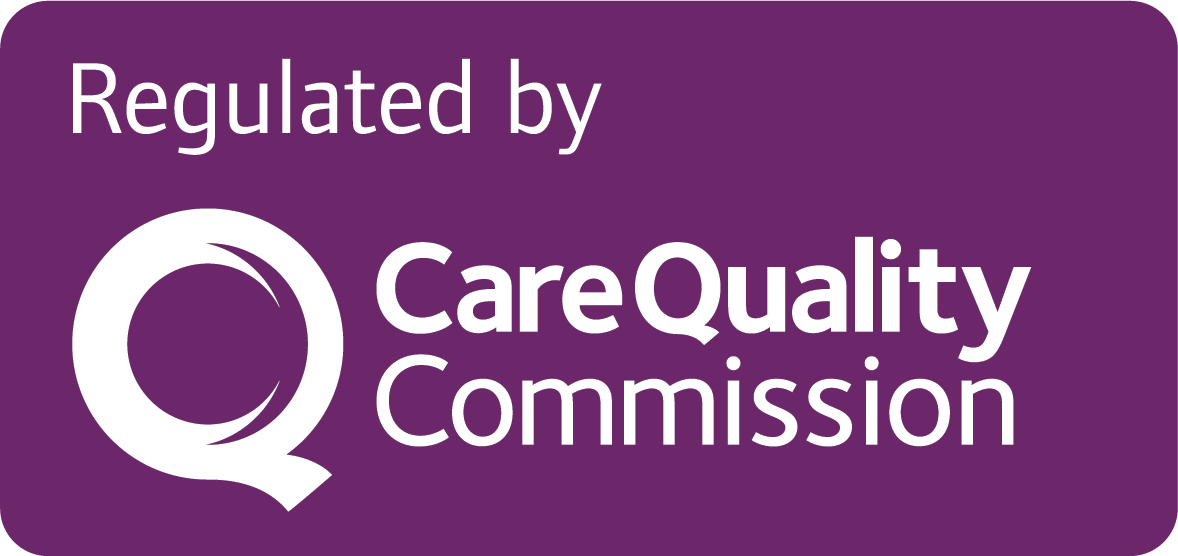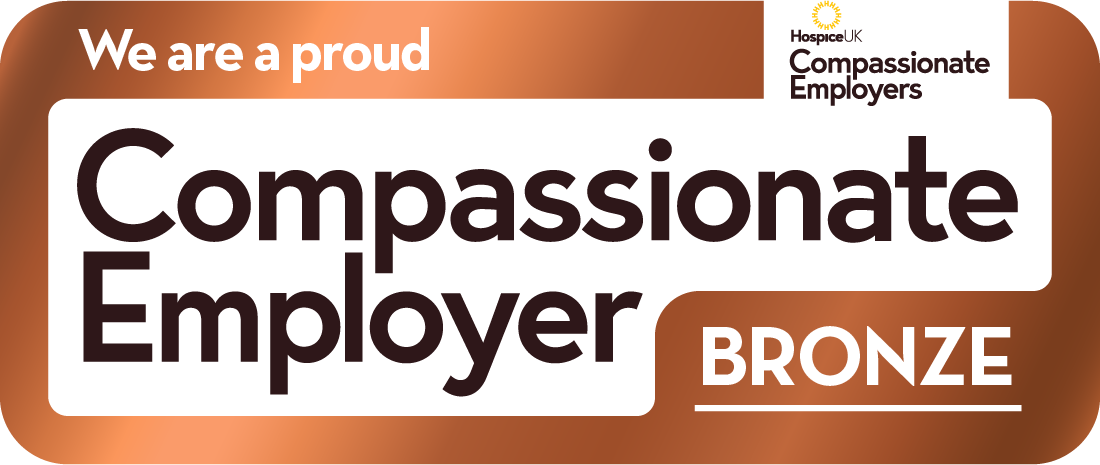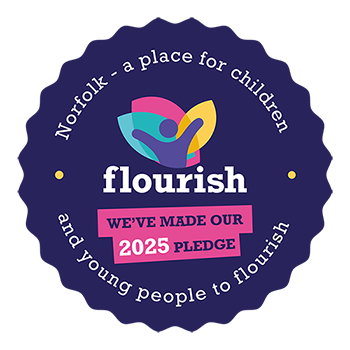This week the Children’s Commissioner for England published the Voices of England’s Missing Children report.
This followed the Attendance Audit which included a survey to all local authorities across the country and a deep-dive into 10 areas. Nearly 500 people, including over 300 children were spoken to.
This was to find out more about why children are out of school, to understand the barriers that stop children from attending school regularly and to explore the solutions which would help account for every child.
Andy McGowan, Caring Together’s head of engagement, writes about why the recommendations are so significant for young carers.
The Children’s Commissioner’s Attendance Audit – What it means for young carers
 As part of the Children’s Commissioner for England report into how to improve school attendance, there is a whole series of policy recommendations specifically related to how we improve the identification and support of young carers.
As part of the Children’s Commissioner for England report into how to improve school attendance, there is a whole series of policy recommendations specifically related to how we improve the identification and support of young carers.
Many of the recommendations will be familiar to those working for young carers’ organisations, as they match up with calls that charities such as ours, Caring Together, and others have called for over a number of years.
Having such a high-profile figure championing the need for measures such as a young carers champion and young carers policy in every school has the potential to significantly strengthen our ability to ensure that every young carer is identified at the earliest opportunity and get the support they need.
Below is an overview of the key recommendations which, if acted upon, would see a real step-change for identification and support of young carers:
1.Improve research on the impact of caring on young people.
There is a vast array of research out there about the impact of caring on young people, but much of this is based on young carers known to young carer services or local authorities.
If the school census change is implemented properly to significantly increase the number of known young carers, then this will present an opportunity to hear from an even wider cohort of young carers.
This would be particularly welcome for primary-aged young carers where much less is known about how caring impacts them and what interventions will make a difference.
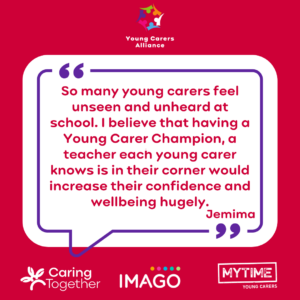 2. All schools should implement a young carers policy and a young carers champion.
2. All schools should implement a young carers policy and a young carers champion.
This is something which young carers regularly say would make such a difference.
Having someone who they can turn to when things are difficult and ensuring there is a whole-school approach to support can make really to helping tackle issues such as balancing school and caring, and issues of bullying.
3. Young carers need to be eligible for pupil premium funding so that schools have the resource to provide the support to young carers.
I am personally delighted to see this policy recommendation included as it’s one which many young carer charities campaigned for when pupil premium was first introduced.
If schools are to properly support all of their young carers, then it is vital that there is funding to support this. While many young carers will be eligible for pupil premium already as a result of the impact of illness/disability on family finances, this would ensure that all young carers can get the support they need.
4. Schools, local authorities and other professionals such as health organisations and family hubs need to work together to identify young carers.
Having a strategic, multi-agency approach to identification of young carers is vital to ensuring early identification.
Caring Together’s snapshot survey of young carers earlier this year showed that young carers are still caring for multiple years without any support, and this has to change.
In Norfolk, Caring Together chair a multi-agency steering group which has a diverse representation – ranging from voluntary sector to children’s and adult services to education providers and health settings such as hospitals, primary care and the mental health trust.
It is vital that adult services and health are involved in this work so as to ensure that children caring for parents are not ‘out of sight, out of mind’ – this is particularly the case for children of parents with mental illness where often it’s not the levels of physical caring that impacts on the young person, but the emotional element.
5. Young carers in primary school should be identified and supported on their move to secondary school and their status needs to be recorded on their pupil record.
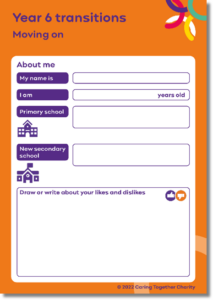 For many Year 6 young carers, they find the transitions more challenging than their peers – for some of them it is difficult to participate in open days or school visits.
For many Year 6 young carers, they find the transitions more challenging than their peers – for some of them it is difficult to participate in open days or school visits.
For others, they might have really good support in their primary school and so worry about who they can talk to when they move up.
We’ve worked with young carers to create a specific transitions booklet and young carers and school staff have said how much this helped. Having this support as part and parcel of transitions work is needed in every school.
6. Schools need to prepare for the addition of the young carers flag by identifying the young carers in their school, for example by using the Multi-dimensional Activity of Caring Activities (MACA) assessment, a short, standardised questionnaire.
Including young carers within the schools census has the potential to be a real game-changer in the number of young carers being identified within schools.
But for this difference to be realised, schools need to have systems in place to record who their young carers are, and they need awareness-raising for staff, pupils and parents around young carers.
Is it vital that schools link in with their local young carers service so that they know what support is on offer for the young carers they offer.
Using the MACA or similar tools with all pupils is a really good way of identifying potential young carers, but it’s vital that schools are also supported to know how to identify children who support parents with mental illness, sibling young carers and young people supporting family members because of addiction. These groups of young people are often much more hidden.
7. Children with additional family responsibilities should be assessed under section 17 of the Children Act and provided with targeted support, including priority in school admissions and support from the Virtual School Head (VSH).
It’s really important that young carers, their families and professionals know that young carers have the right to a young carers assessment under Section 17ZA of the Children Act 2014. But it’s even more important that these rights are a reality and that assessments make a difference.
Currently no-one is ensuring that Young Carers Assessments are consistently happening and if they are preventing or reducing inappropriate and excessive levels of care.
Ofsted have a key role to play in ensuring these statutory duties are being met, and that schools are reacting to the school census change above to ensure young carers are identified and supported.
This is something that Caring Together and other members of the Young Carers Alliance are going to be focusing on over the coming months.
8. Implementation of attendance policies should be informed by an understanding of the child’s individual situation
Over the years, I have had the pleasure of working directly with hundreds of young carers, and they (nearly) always said – they’re not looking for ‘special treatment’ or a ‘Get out of School free card’ – what they want is understanding and support when it’s needed. Often not having this understanding can end up making things even worse in terms of school attendance and engagement.
Other recommendations
In addition to the young carer-specific recommendations, there are other proposals in the report which would undoubtedly benefit young carers, but also parent carers.
- Having a coordinated pastoral strategy in every school can help bring together an integrated approach around key issues such as mental health, safeguarding and SEND (special educational needs and disabilities).
- A whole-school approach to mental health across all aspects of school is needed to help normalise talking around mental health and asking for support when needed as well as help tackle issues of stigma for children supporting parents with mental illness.
- Additional support around mental health such as rolling out of Mental Health Support Teams for every school will help ensure that young carers and other children and young people can access support when they need it, something which is vital given the rising level of referrals to mental health services and the pressures on existing pastoral support in schools.
- Ensuring that there is a SEND system which provides the right support in the right place at the right time and which is easier to navigate is something which will be of huge benefit to parent carers. Through our work at Caring Together we often hear from parent carers how confusing ‘the system’ is and how the biggest thing they want is proper support for their disabled child.
It is really welcome that there is so much focus by the Children’s Commissioner on the need to identify and support young carers in this report. The voices of young carers have been heard – now they need to be acted upon if we want to bring about the long overdue change that young carers need and deserve.





